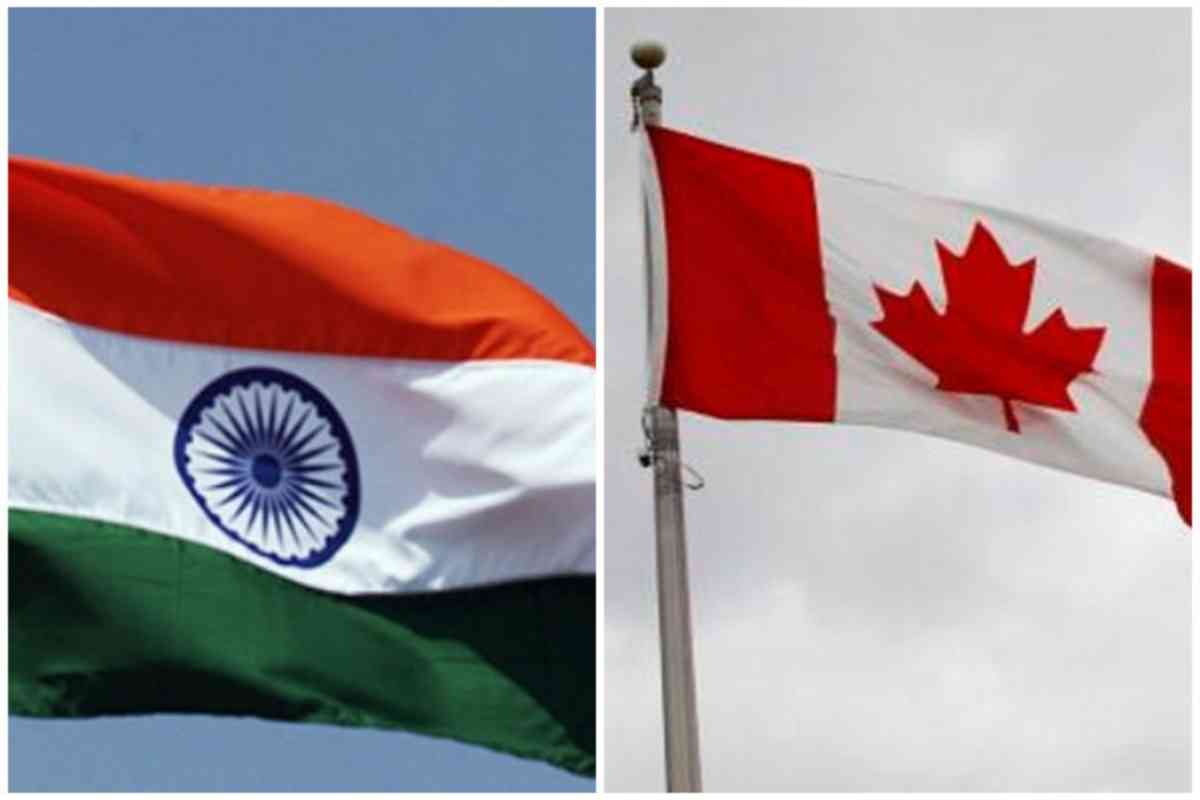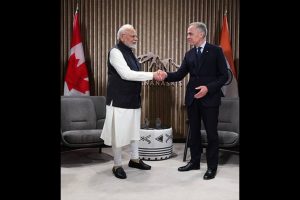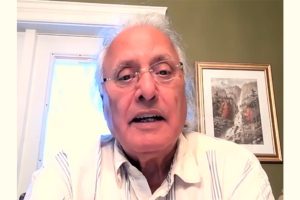India has strongly rejected a Canadian report that claims the Indian government interfered in Canada’s elections, accusing Canada instead of consistently meddling in India’s internal matters. The Ministry of External Affairs (MEA) issued a stern statement, dismissing the allegations as baseless and highlighting Canada’s history of interference in India’s affairs.
“We have seen a report about alleged activities on purported interference. In reality, it is Canada that has consistently interfered in India’s internal matters,” the statement read. “This interference has contributed to issues such as illegal migration and organized criminal activities. We reject the report’s insinuations regarding India and expect that any support systems enabling illegal migration will no longer be tolerated.”
The Canadian report, issued by the Canadian Commission, suggested that after China, India was one of the most active countries involved in influencing Canada’s electoral process. “India is the second most active country engaging in electoral foreign interference in Canada,” the 123-page report stated, noting that India’s actions are rooted in long-standing challenges between the two nations.
The report also mentioned the expulsion of six Indian diplomats in October 2024, accusing them of being involved in a “campaign of violence” linked to the Indian government. In response, India expelled six Canadian diplomats shortly afterward, condemning the “baseless targeting” of Indian diplomats and officials in Canada.
“In October 2024, Canada expelled six Indian diplomats and consular officials in reaction to a targeted campaign against Canadian citizens by agents linked to the Government of India,” the Canadian report alleged.
Additionally, the report claimed that India spread disinformation surrounding the killing of Hardeep Singh Nijjar, a Khalistani terrorist. However, the report contradicted itself by admitting that no concrete link to any foreign state was found in relation to Nijjar’s death. “Disinformation is also used as a retaliatory tactic, to punish decisions that run contrary to a state’s interests. This may have been the case with a disinformation campaign following the Prime Minister’s announcement regarding suspected Indian involvement in the killing of Hardeep Singh Nijjar, though no definitive link to a foreign state could be proven,” the report acknowledged.
India had strongly refuted Canadian media reports regarding Nijjar’s killing in November 2023, describing them as false and stating that they should be dismissed with the “contempt they deserve.”
The MEA’s statement emphasized that such “smear campaigns” only serve to further damage the already strained relations between India and Canada. Hardeep Singh Nijjar was killed outside a gurdwara in Surrey, British Columbia, on June 18, 2023.





